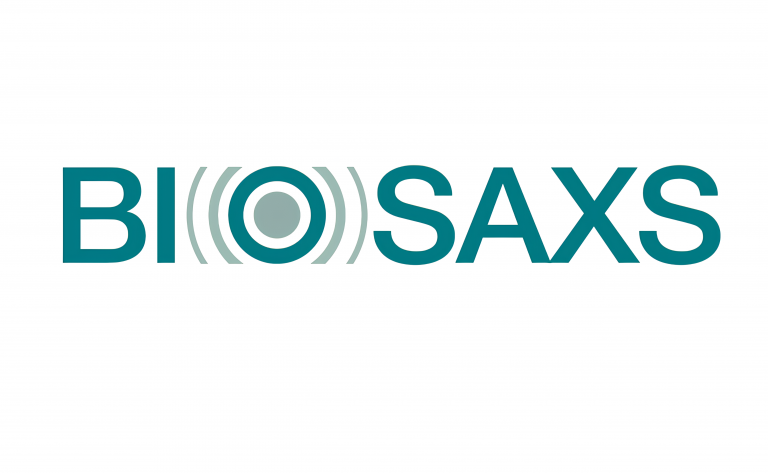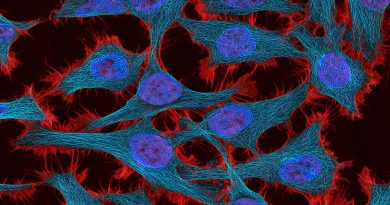Food allergy: Nestlé agrees $2.6bn acquisition of Aimmune Therapeutics
Nestlé’s nutritional science brand Nestlé Health Science (NHSc) furthers efforts of food allergy prevention through the acquisition of California-based biopharmaceutical company
Aimmune Therapeutics.
Switzerland headquartered NHSc already holds a 25 per cent stake in Aimmune Therapeutics worth around $473m. Through this new agreement, Nestlé will purchase the remaining Aimmune stock for $34.50 per share, representing a 174 per cent premium to Aimmune’s closing price on 28 August 2020, the company announced.
The deal is struck following the FDA’s approval of Aimmune’s Palforzia therapy in January this year, the first-ever drug approved for the treatment of peanut allergy for children.
The CEO and president of Aimmune Therapeutics, Jayson Dallas noted:
“The agreement with Nestlé recognizes the value created by years of commitment and dedication to our mission by the team at Aimmune. Delivering Palforzia, the world’s first treatment for food allergy, is a game-changing proposition in the biopharmaceutical industry and is transformative for the lives of millions of people living with potentially life-threatening peanut allergy.”
The rise of food allergies
Food-related allergies have seen a sharp rise over the last two decades. For instance, there was a five-fold increase in peanut allergies in the United Kingdom between 1995 and 2016. A study of 1,300 three-year-olds for the EAT Study at King’s College London, suggested that 2.5% now have peanut allergies.
The rise in allergies in recent decades has been particularly notable in the West. Food allergy currently affects around 7% of children in the UK and 9% of those in Australia. In the United States, roughly 2 per cent of children are allergic to peanuts, a figure that has more than quadrupled over the last two decades. Around 240 million people suffer from food allergies worldwide and allergic reactions to peanuts are the most common.
The U.S. FDA approved Palforzia to mitigate allergic reactions, including anaphylaxis, that may occur with accidental exposure to peanuts. Treatment with Palforzia may be initiated in children aged between 4 and 17 years old with a confirmed diagnosis of peanut allergy and may be continued in individuals 4 years of age and older. Those who take Palforzia must continue to avoid peanuts in their diets.
Peter Marks, M.D., Ph.D., director of the FDA’s Center for Biologics Evaluation and Research stated in relation to the approval that:
“Peanut allergy affects approximately 1 million children in the U.S. and only 1 out of 5 of these children will outgrow their allergy. Because there is no cure, allergic individuals must strictly avoid exposure to prevent severe and potentially life-threatening reactions. Even with strict avoidance, inadvertent exposures can and do occur. When used in conjunction with peanut avoidance, Palforzia provides an FDA-approved treatment option to help reduce the risk of these allergic reactions in children with peanut allergy.”
Nestlé expansion in allergy prevention
In 2019, Nestlé Health Science started expanding its reach in the field of allergy prevention trough a minority stake in Before Brands, a science-based consumer products company developing edible products designed to reduce the risk of allergy development in babies. Greg Behar, CEO of NHSc, commented that deal was giving the business “a new dimension”.
Sales from Aimmune are expected to add to Nestlé’s organic revenue growth in 2021 and increase its cash earnings by 2023. During the COVID-19 pandemic, Nestlé has performed better than its competitors in the consumer goods industry, supported by sales of high-end pet food and coffee, as well as plant-based products.
NHSc also sees potential for other products in Aimmune Therapeutics pipeline. Despite the challenges of the coronavirus pandemic, Aimmune’s Phase II trials are ongoing for its egg allergy product AR201. Almost 6 million people worldwide are allergic to eggs, including 800,000 in the U.S. and as many as 4 million across Asia. The innovative biotech company has also completed its pre-investigational new drug application meeting with the FDA for the multi-tree nut allergy programme, which includes almonds, walnuts and cashews.






